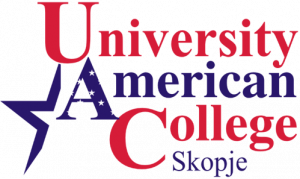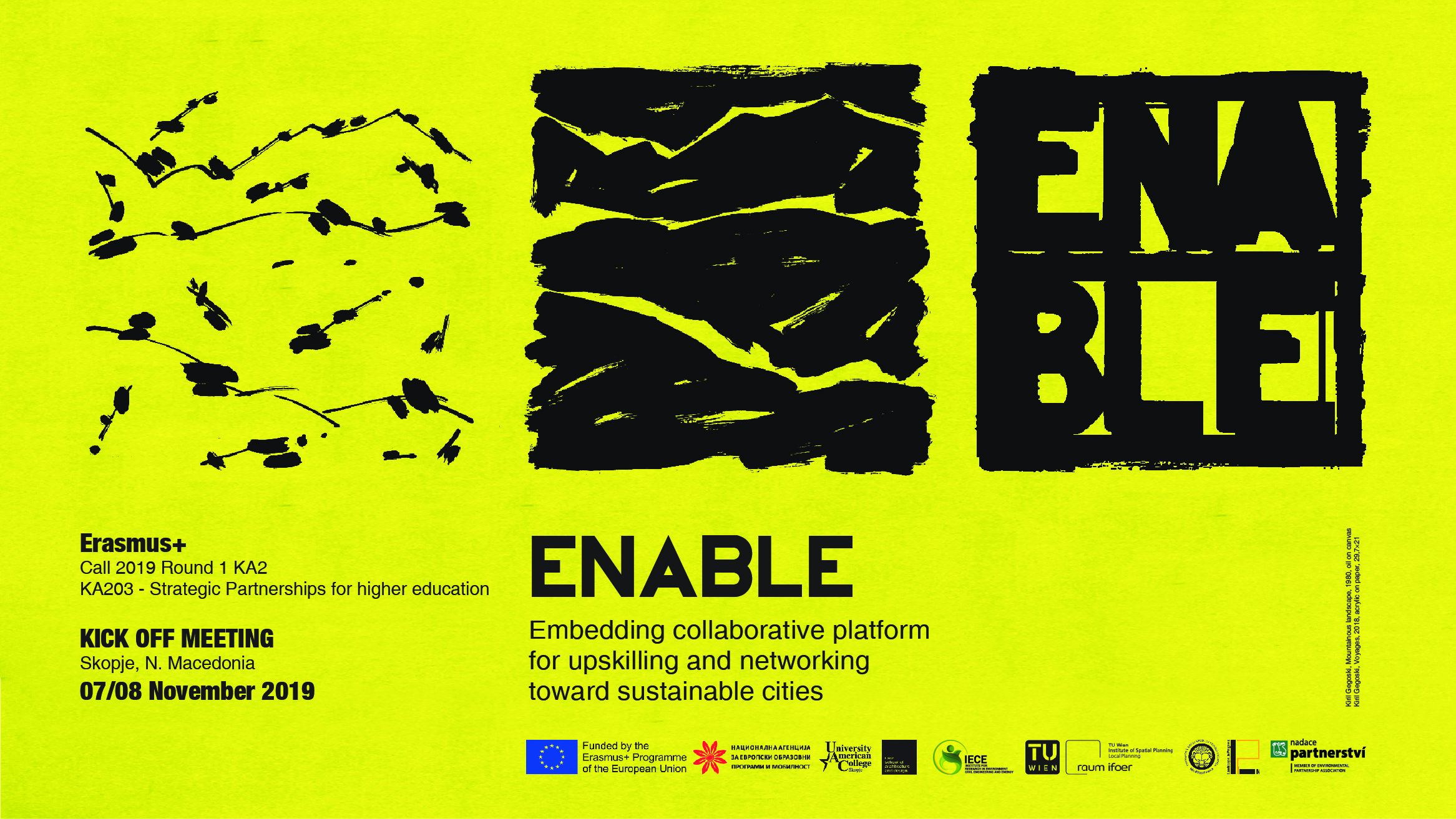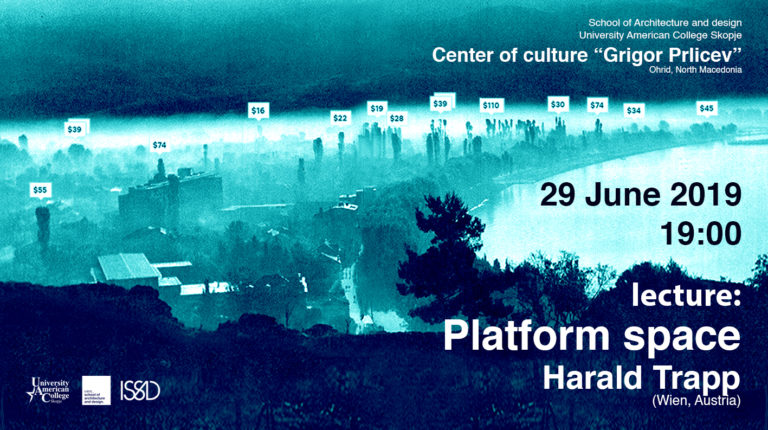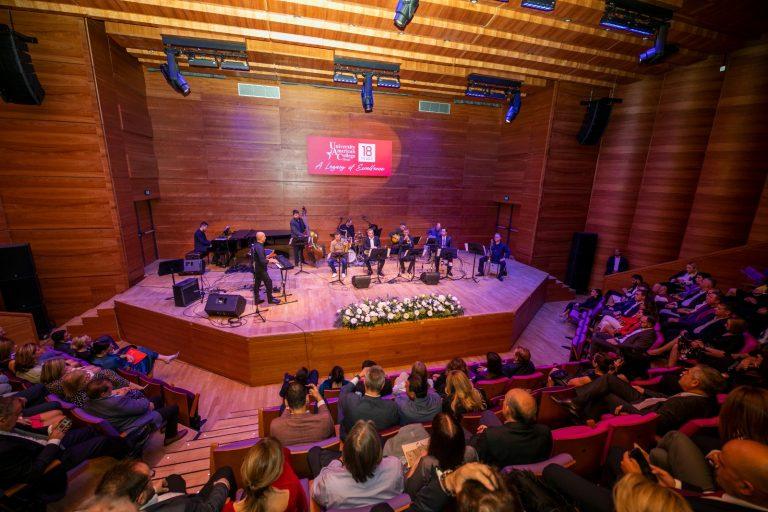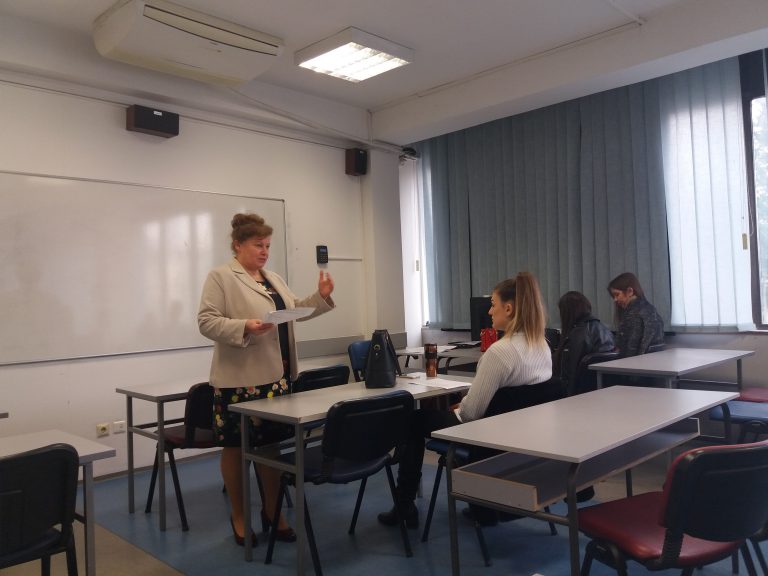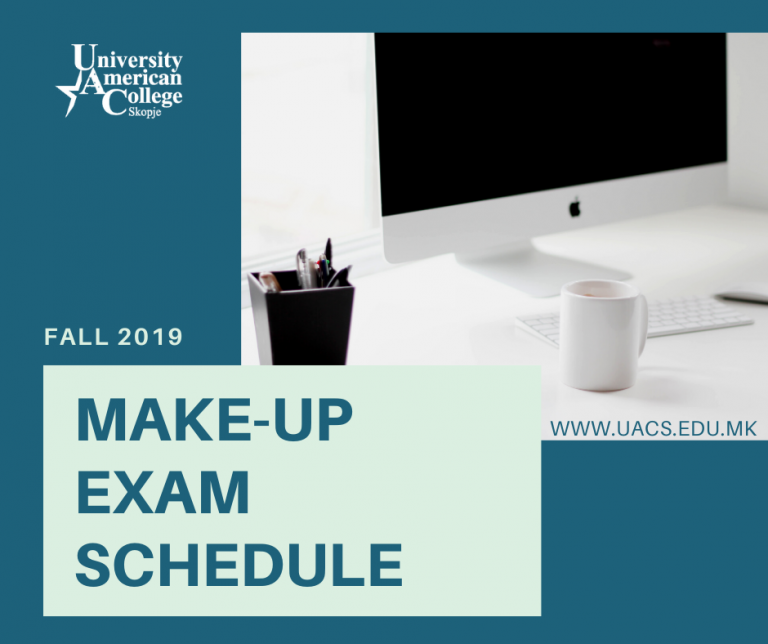Embedding collaborative platform for upskilling and networking toward sustainable cities – ENABLE
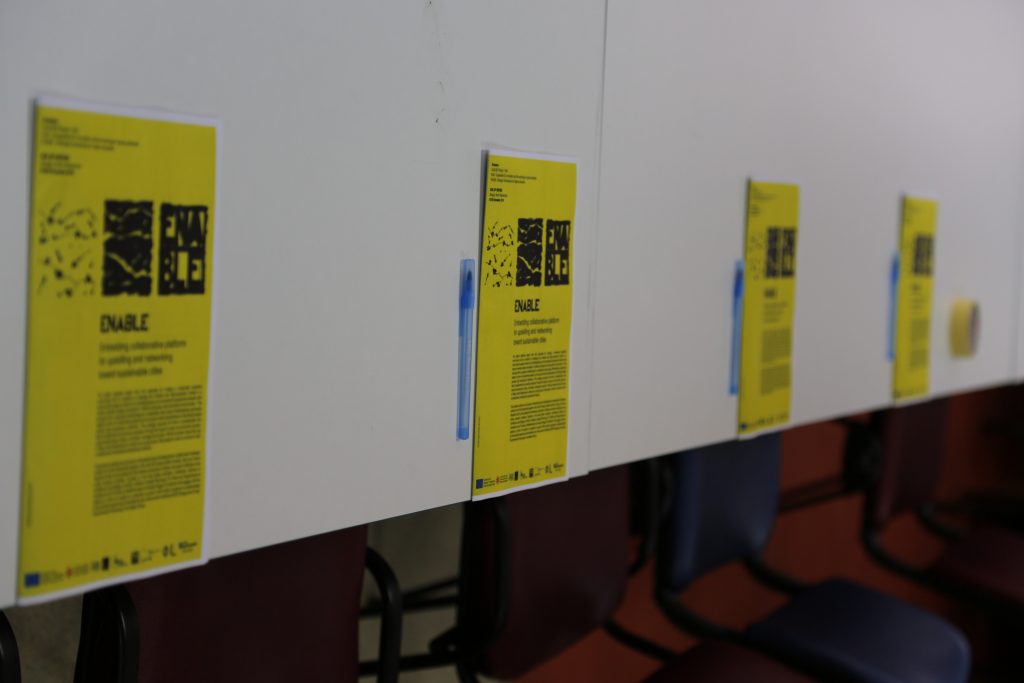
The first kick-off meeting within the ENABLE project took place on 07 and 08 November 2019 in Skopje, marking the start of this 2 year project supported by the Erasmus + program of the European Union. The meeting on behalf of the project leading institution was opened by the rector of University American College Skopje prof. Tome Nenoski, PhD and the dean of the Faculty of Architecture and Design, prof. Misko Ralev, PhD. Further activities during the first day were dedicated to discussion and planning of the project activities among the partner’s institutions and during the second day the first study visit was organized to the city of Prilep, a case study in this project.
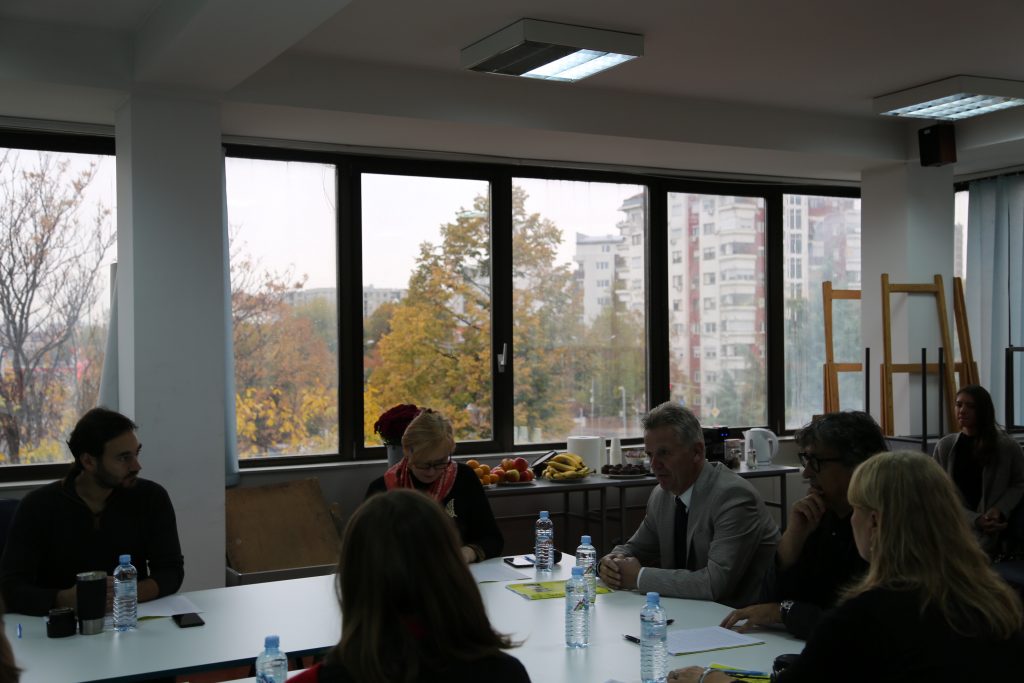
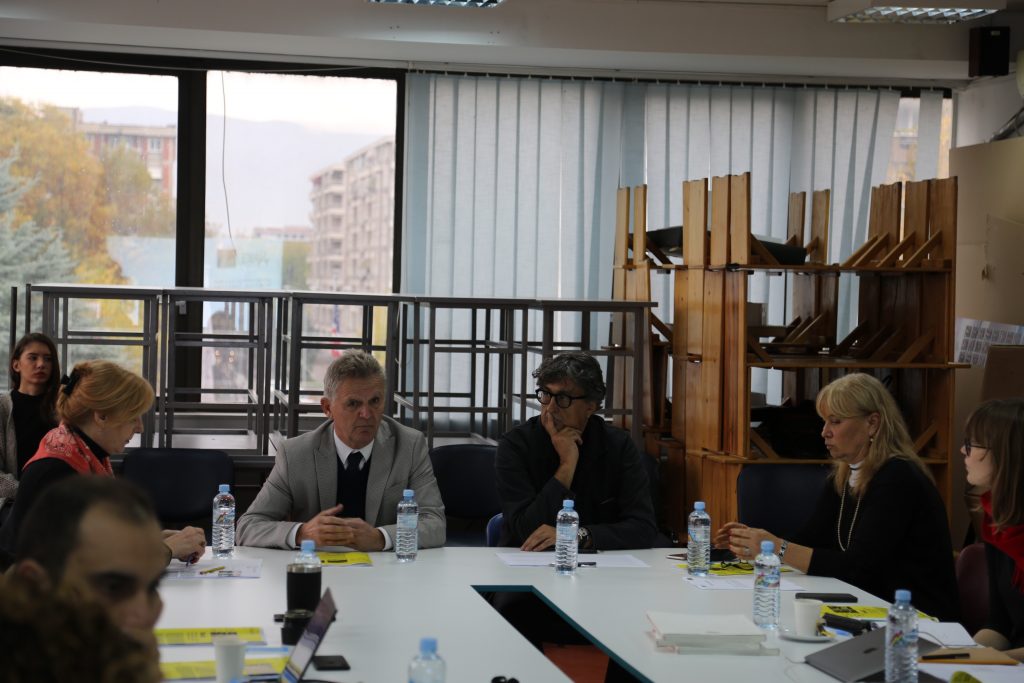
The conditions and emergence of complex environments requires pedagogical approaches and methodologies especially those delivering international competences and creative thinking towards building learning mobility more systematically into curricula. This project request for a networked syllabus as an academic approach welcomes and tackles such fluctuating state of the context by engagement of high education institutions with local authorities based on a collaborative work in an international setting. Structured this way the project is likely to produce results that will be innovative for its field and for the geographical context in which the project is implemented.
А methodology for sustainable cities is proposed using multidisciplinary approach tested in a form of a networked syllabus for the course Studio implemented on the three project partners high educational institutions in the fall semester, year 2020. This strategic approach will take in consideration the field of sustainable city planning education through the topics of urban and economic growth, social inclusiveness, history, innovation, heritage and tourism.
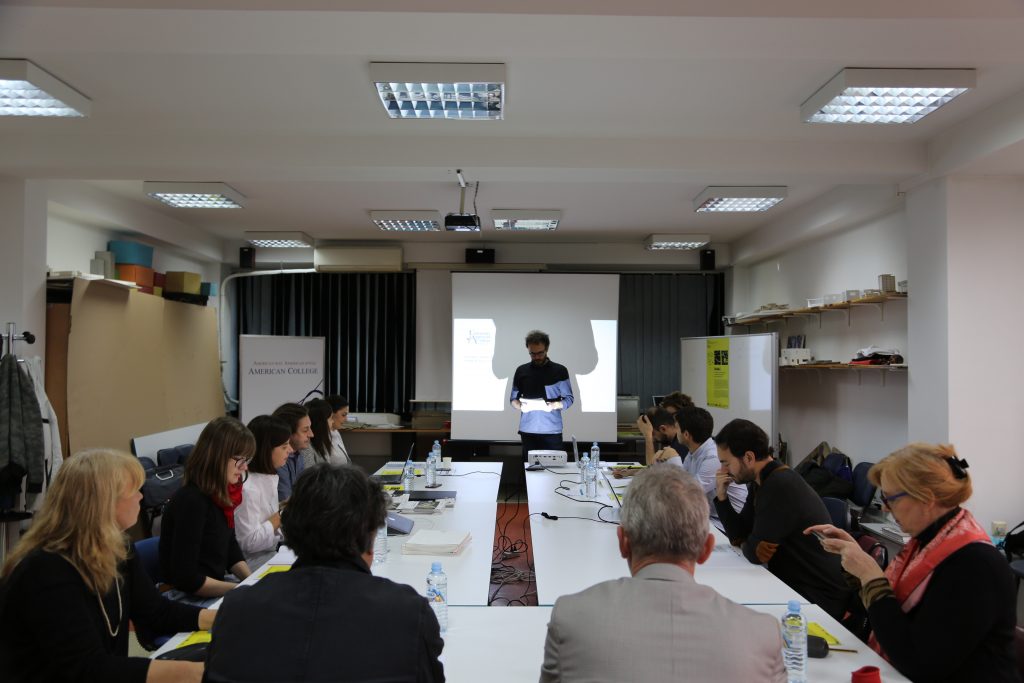
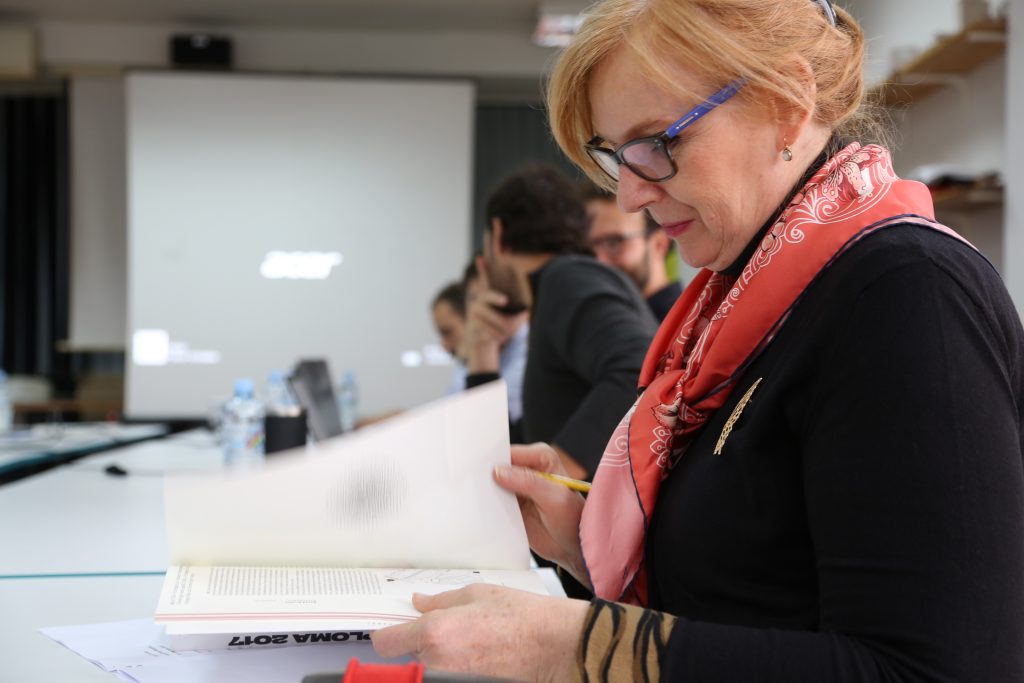
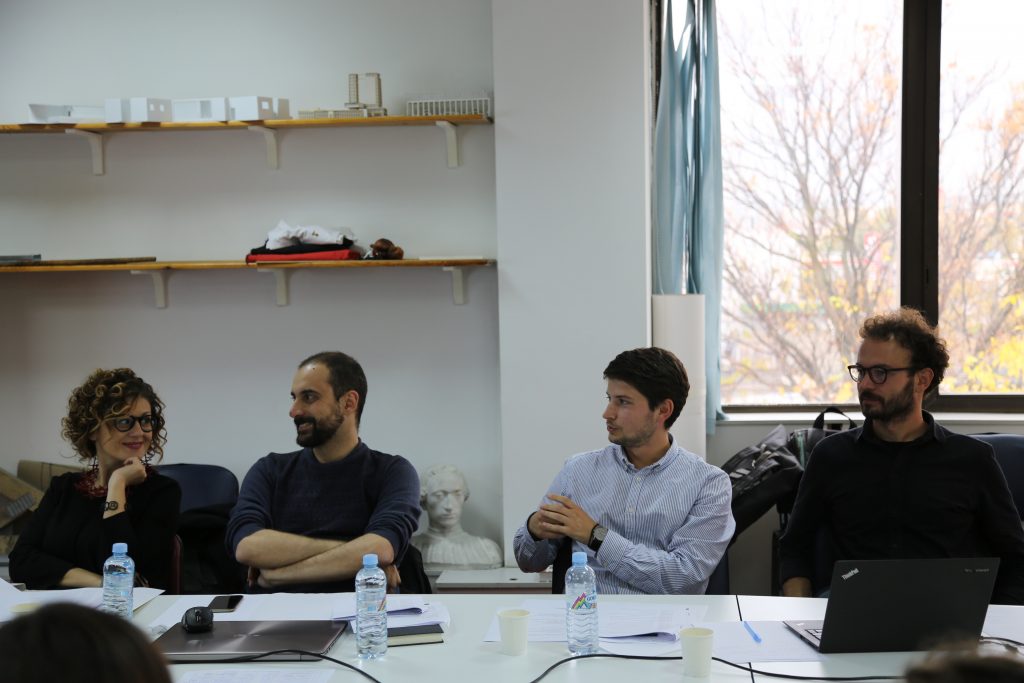
The process contains two (2) years of international and interdisciplinary collaboration between entities from North Macedonia together with other EU based entities (Austria, Italy and Czech Republic) which will complete this international consortium of higher education institutions and private research institutes. Faculties at the three higher education institutions (School of Architecture and Design at UACS, Institute of Spatial Planning at TU Wien and Department of Architecture and Territory at Mediterranean University Reggio di Calabria) will engage with the syllabus in a form of a regular or a selective courses in their master programs, fall semester 2020 which will be complemented by the practical experience transmitted by two other partner institutes (IECE Skopje and Czech Environmental Partnership Foundation Brno).
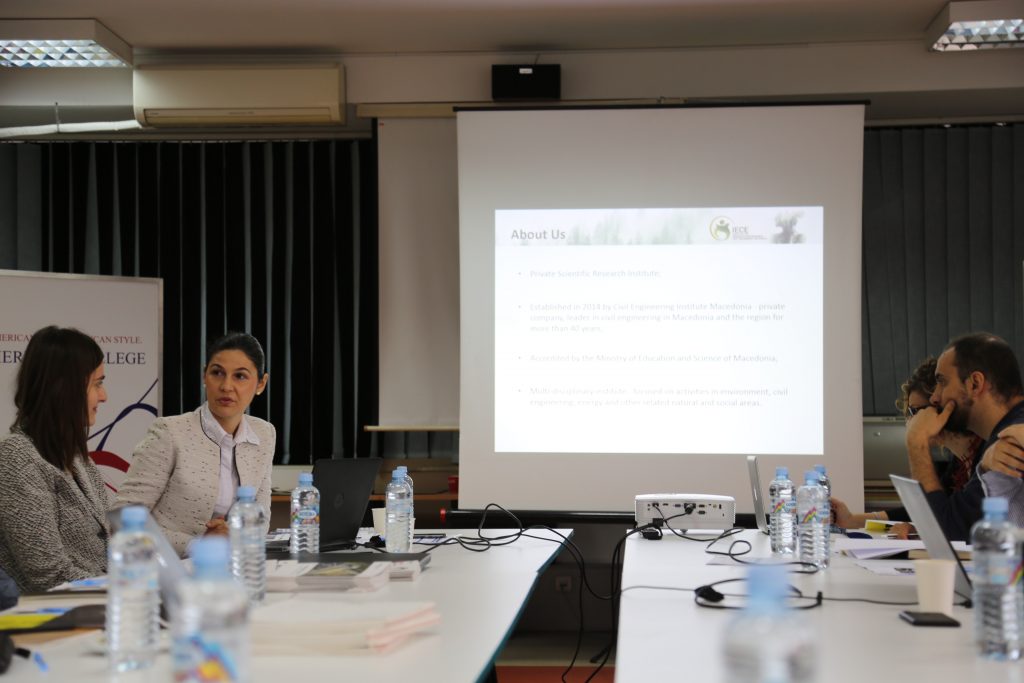
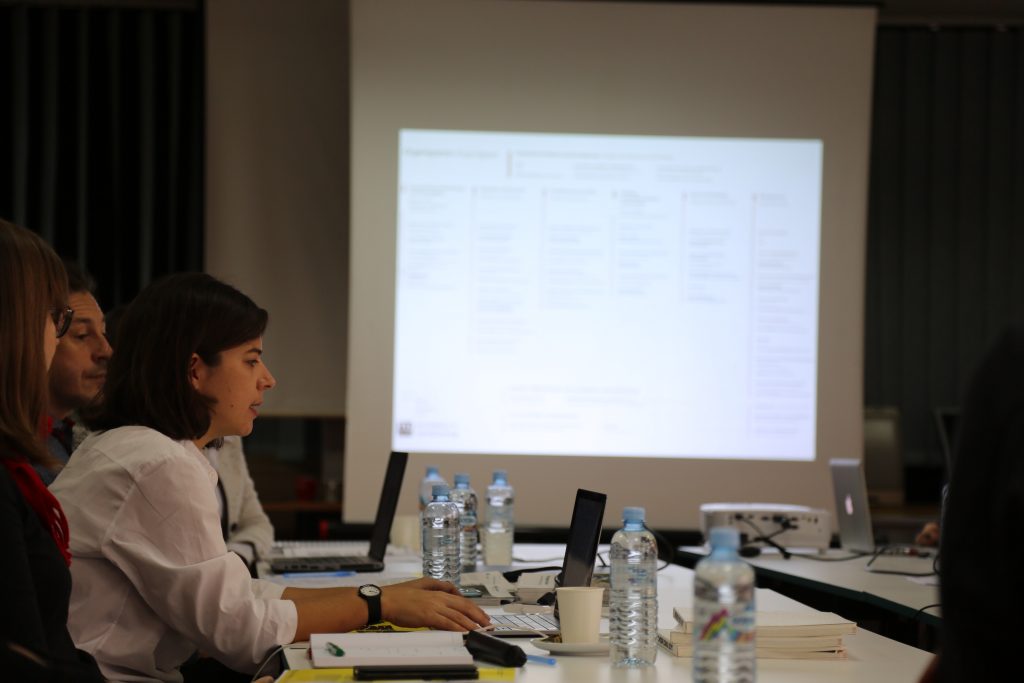
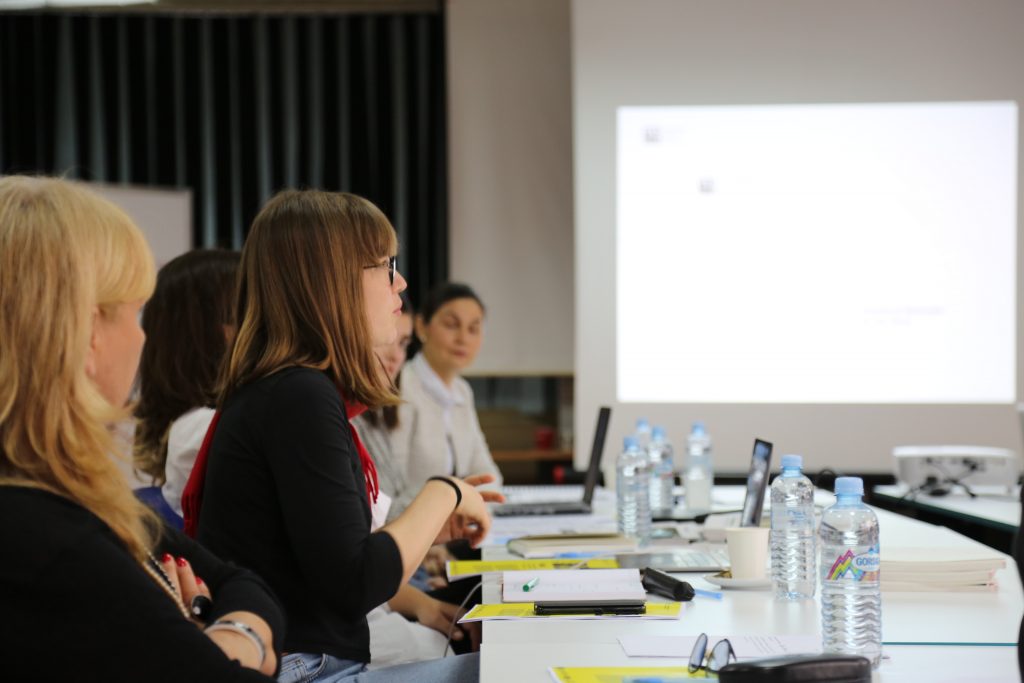
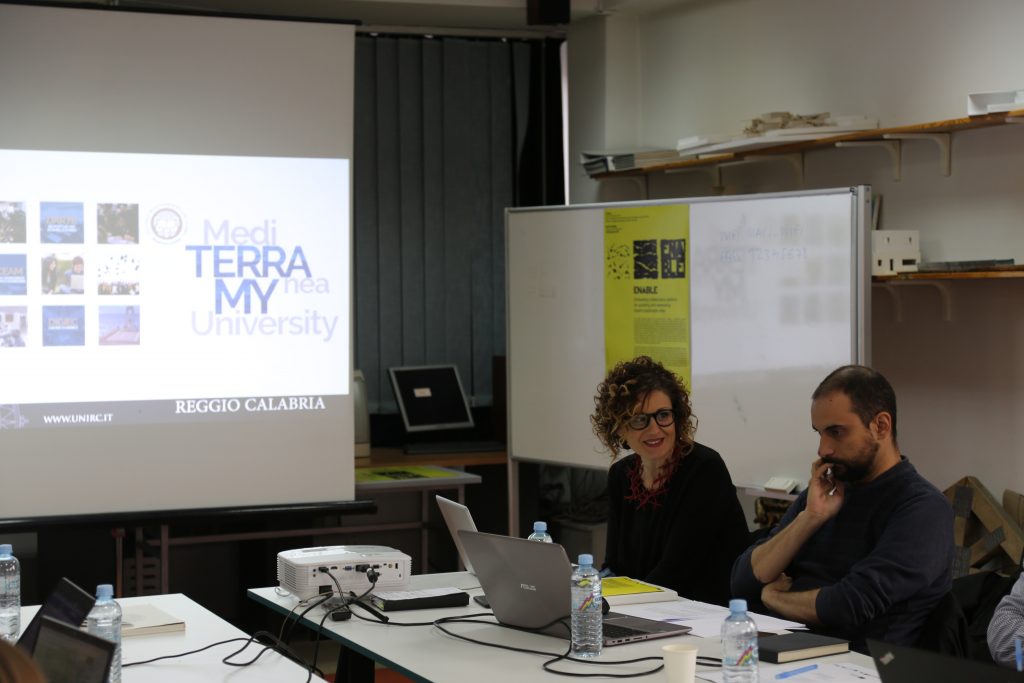
The project timeline will be structured through three (3) main activities representing the objectives of the project, developed in time frame of 24 months:
- Research and development of syllabus / Methodology
- Course studios implementation / Syllabus for course studio, fall semester 2020
- Synthesis of the course production / Concept for sustainable cities using multidisciplinary
approach
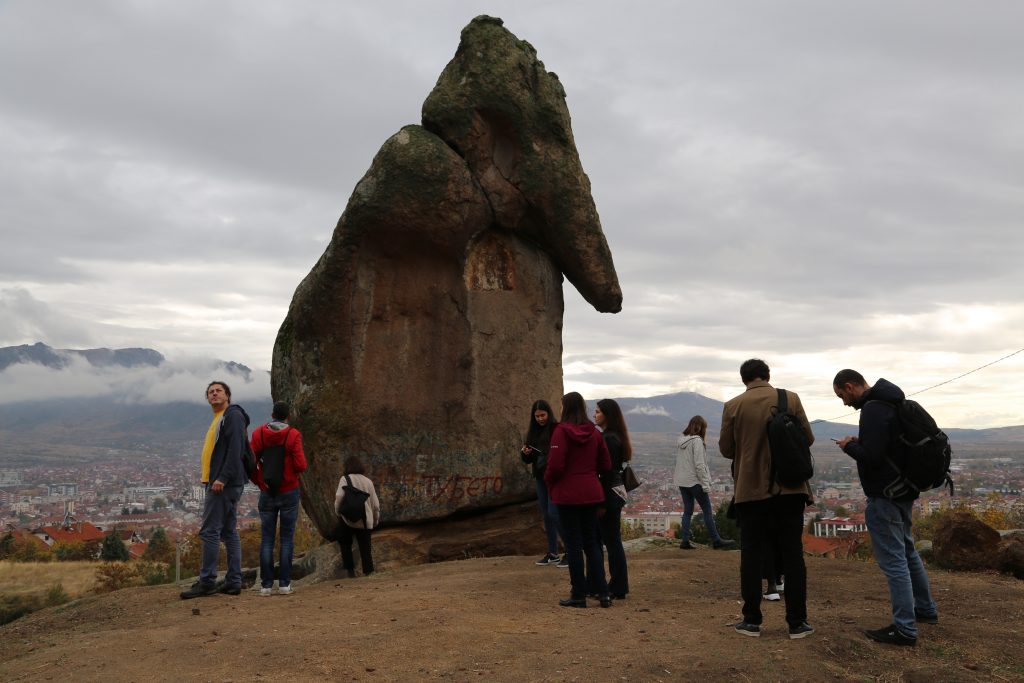
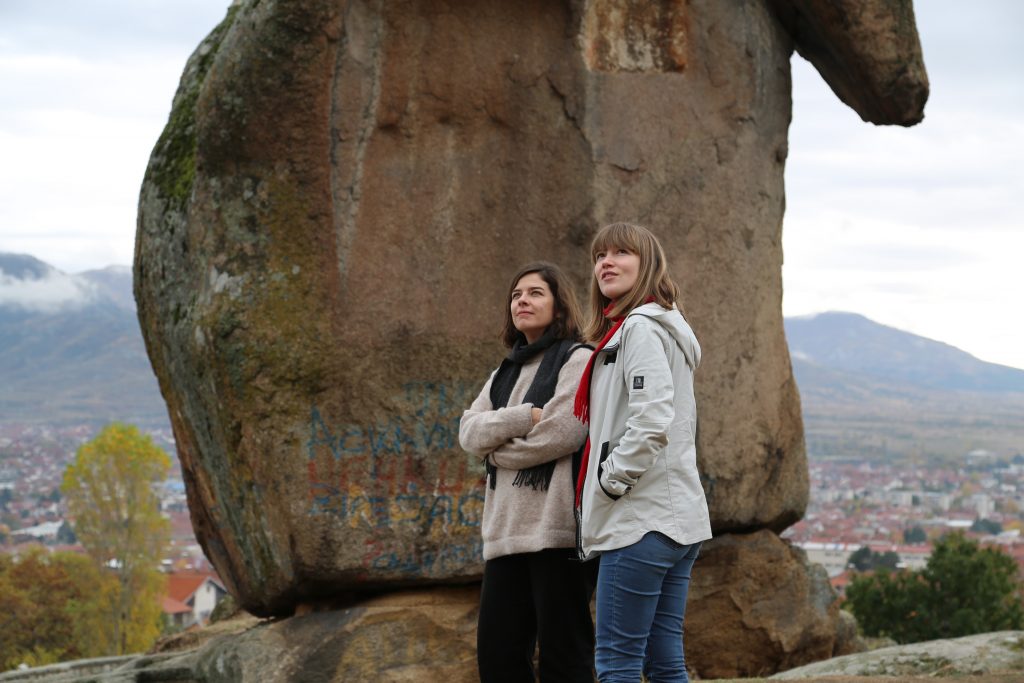
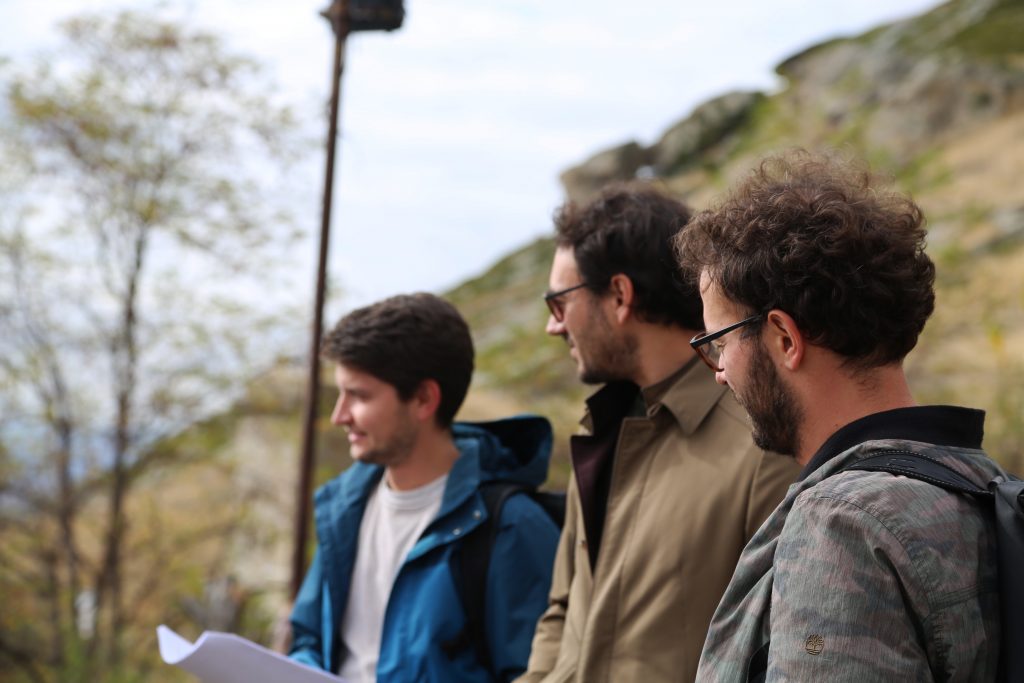
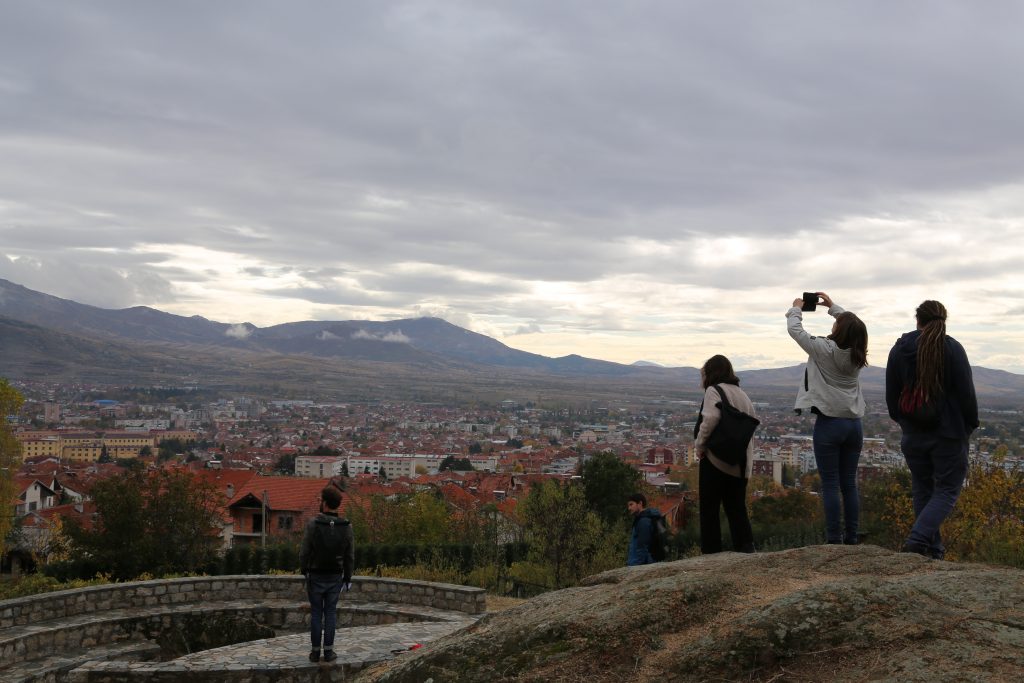
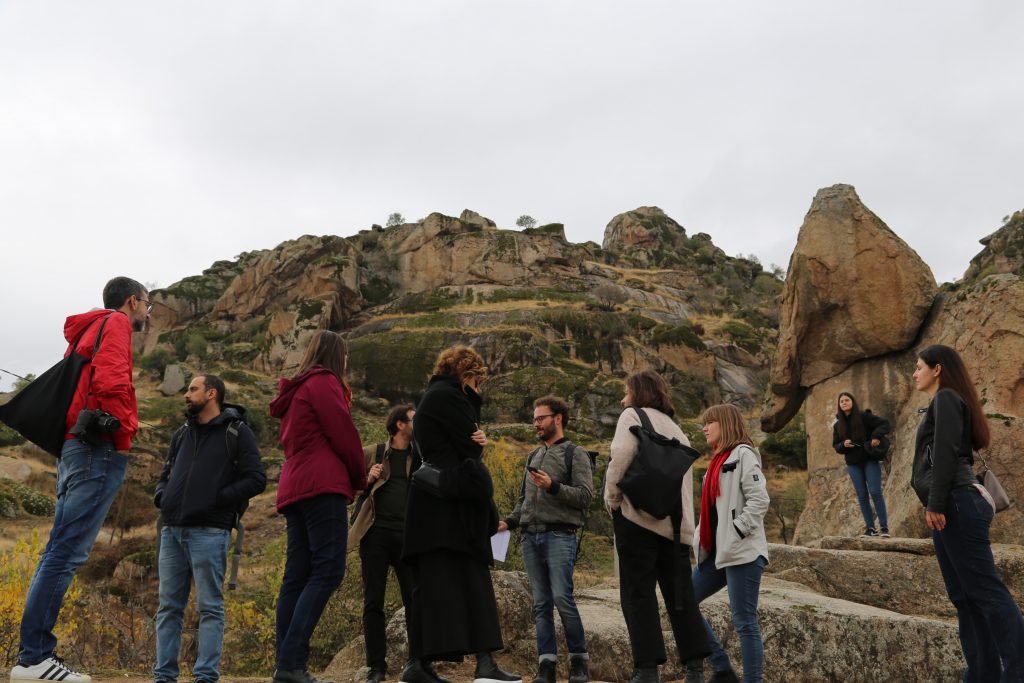
The target group for the ENABLE networked syllabus are master students of architecture who are interested and willing to improve their competences in the field of sustainable city planning education. Mostly of the participants will be recruited within the students of the project consortium high educational institutions with aim to increase the competences of the students within the faculties. Additionally, this networked syllabus will also be promoted outside the project consortium to attract additional participants and disseminate the ENABLE project idea to other institutions and individuals already during project lifetime. For this course the students will be ECTS accredited by their university accordingly, furthermore they will achieve a certificate for completed Erasmus plus high educational program. The complexity of the city of Prilep in a peculiar south-east European context is taken as a case study on which an interdisciplinary and transnational syllabus will be implemented. In order to strength this collaborative platform capacity the municipality of Prilep has committed itself that they will make a best effort to provide strategic direction and confirmed their participation in this project as associated partners for which they wrote and signed a letter of support for this project proposal. The project network of relationship between municipality of Prilep, international education institutes and partners from practice will provide fundamental strategic guidelines that will be used as a basis in further development of planning documents for the city of Prilep which is a great achievement for the sustainability of the project.
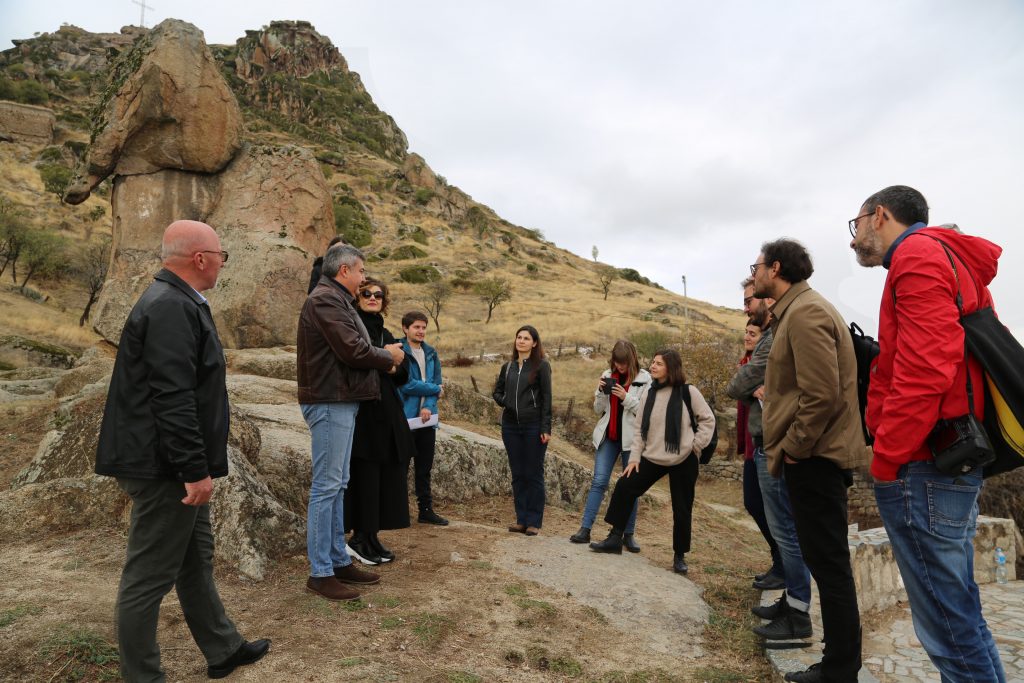
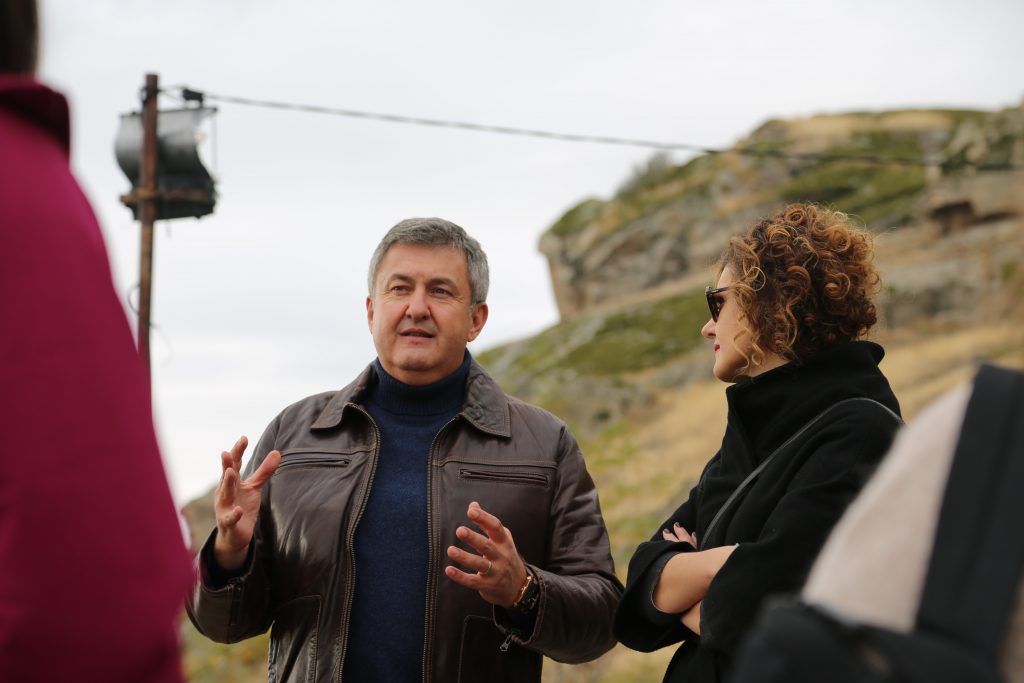
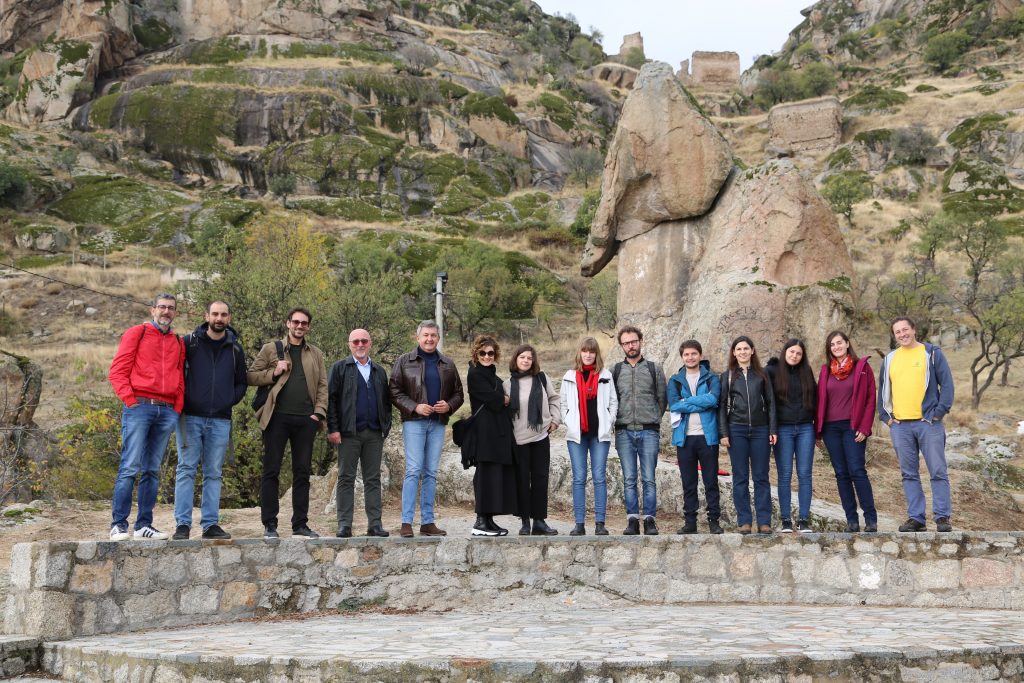
Successful realization of the project activities are important for the current and future generations and will provide multidisciplinary educational approach in the field of urban planning which will impact their better performance and lead to better performance of the organisations they will work in or will establish. Also, more awareness will be raised about the importance of the topic, as well as the need of new knowledge and skills for architects. Also, specially designed learning environment will meet the needs of the students, providing flexibility and innovative approaches of delivery of the subject. We also believe that this project outcome in a form of a methodological analyse and strategic concepts for sustainable cities will create a desire in new European cities representatives to test this methodology in order to generate the guidelines for their future development.
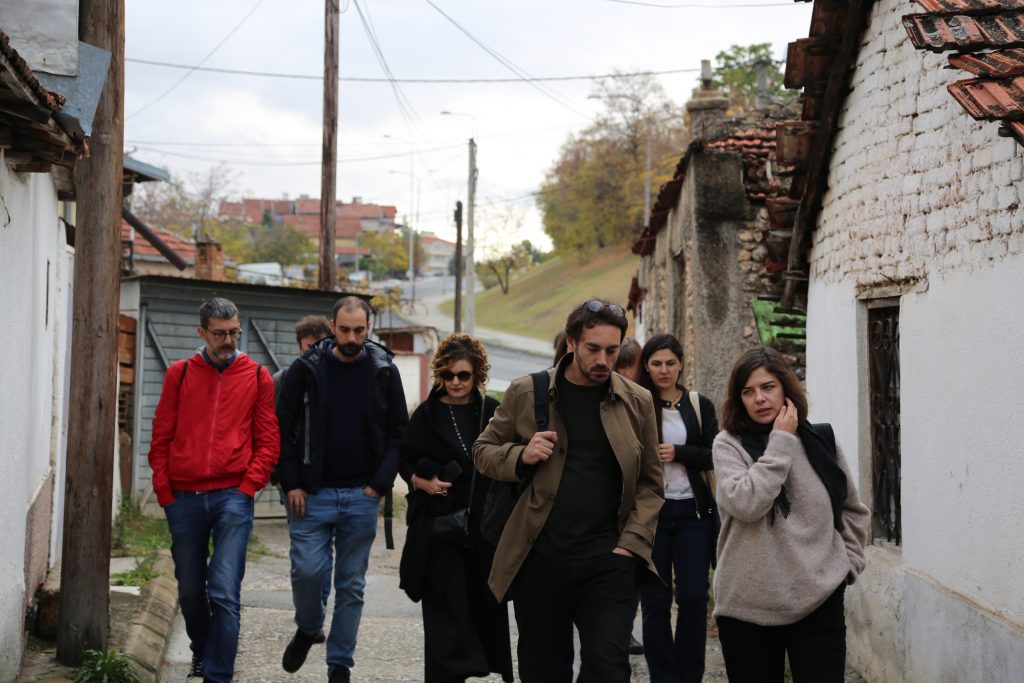
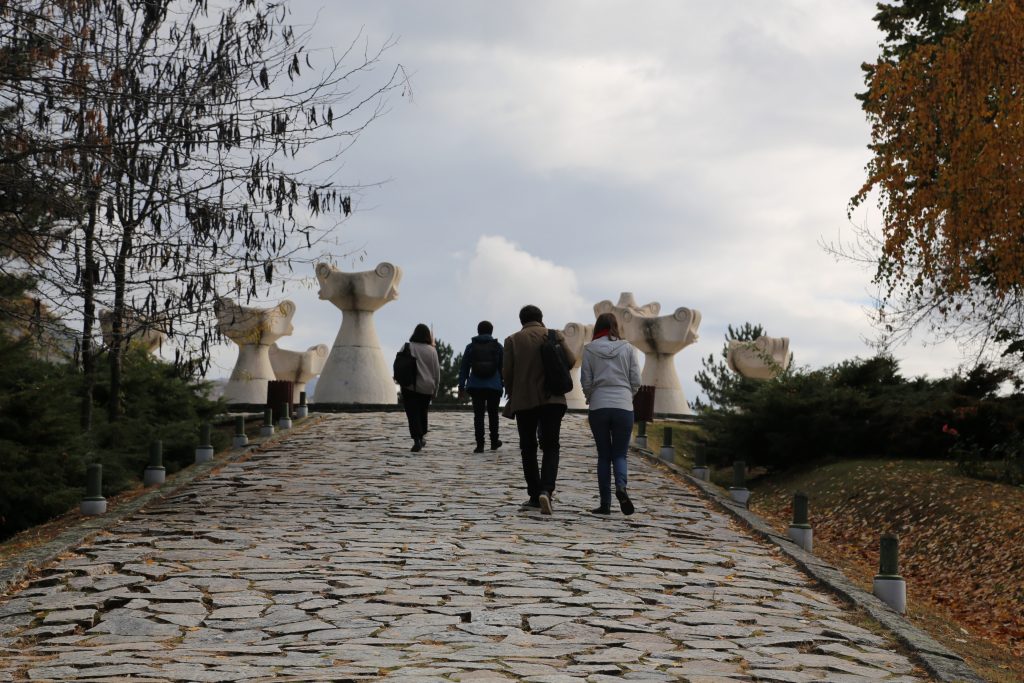
Applicant Organisation and people involved
School of Architecture and Design, University American College Skopje
Maksim Naumovski, Pavel Veljanoski, Violeta Bakalcev, Ivan Mirkovski
Institute for research in environment, civil engineering and energy, Skopje
Angelina Taneva-Veshoska, Ana Tomikj
Institute of Spatial planning, University of Technology, Vienna
Magda Maierhofer, Kerstin Pluch
Architecture and Territory Department, Mediterranea University, Reggio Calabria
Marina Tornatora, Blagoja Bajkovski
Czech environmental partnership foundation, Brno
Vaclav Izak
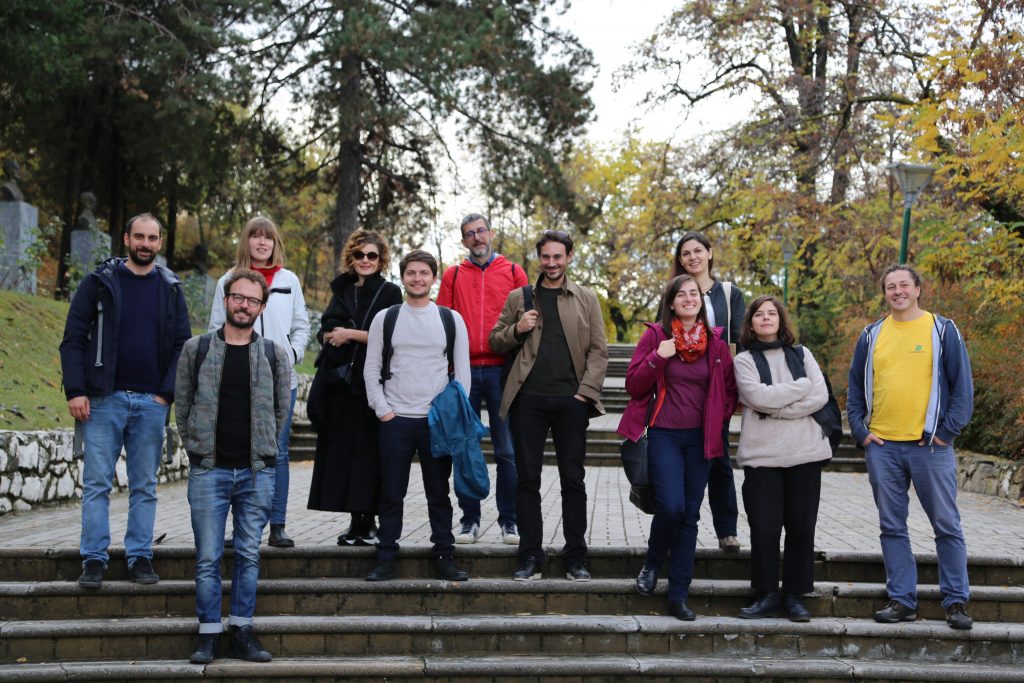
Photographer: Marija Pecaleska
